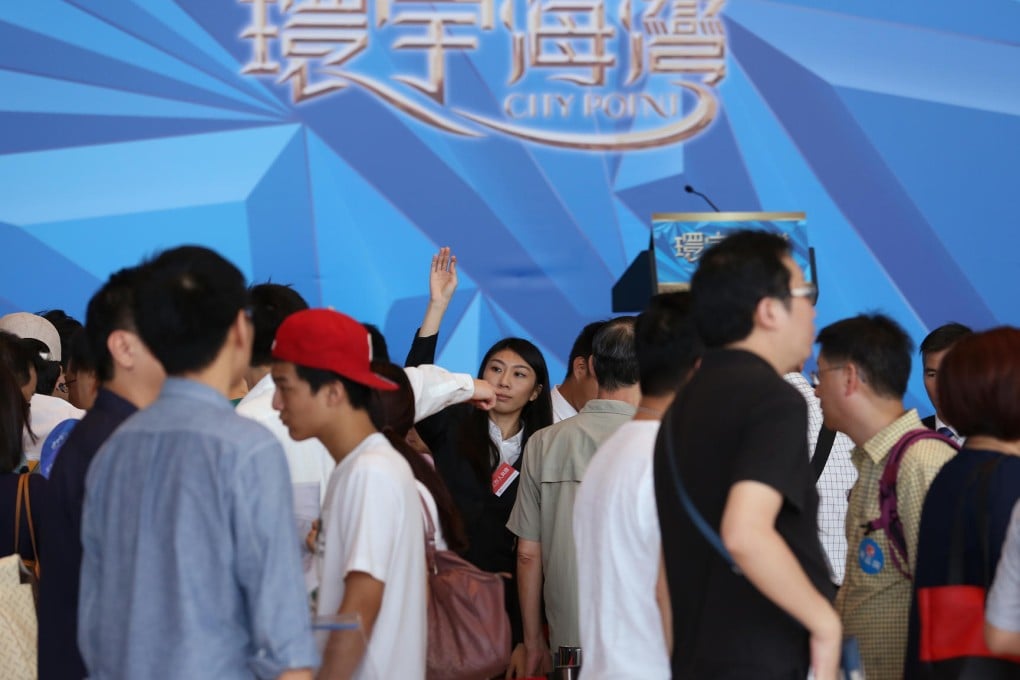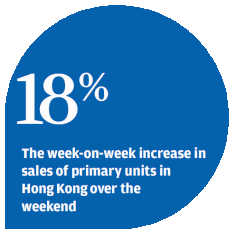Bricks and Mortar | Flip-flopping policies sow confusion in Hong Kong housing market
Government sells cheap land on the one hand and relaxes stamp duty measure on the other

Home seekers contemplating a property purchase probably feel confused by the government's recent housing policies, which seem to contradict each other.

The sale was seen as evidence that the government is open to settling for lower land prices as it seeks to increase housing supply. It seemed to send a signal to the market that the policy of high land prices, which had been blamed for years as a major reason for the city's lofty home prices, would not continue.
But it was too early for home seekers to celebrate. Just two weeks before the land sale signal was delivered, Secretary for Financial Services and the Treasury Chan Ka-keung announced a modification of the double stamp duty, which is part of the measures to cool the market to help residents upgrade their flats.
The concession extends the time for residents moving up the property ladder to sell their existing homes to qualify for a refund of the additional stamp duty tax.
That means they will no longer have to pay a double stamp duty of as much as 8.5 per cent if they can sell their first homes within six months of signing a formal agreement to buy the new one, rather than a provisional agreement.
Buyers of pre-sale new-build flats therefore have up to 36 months to sell their first property. Developers are allowed to sell projects as early as 30 months before completion.

